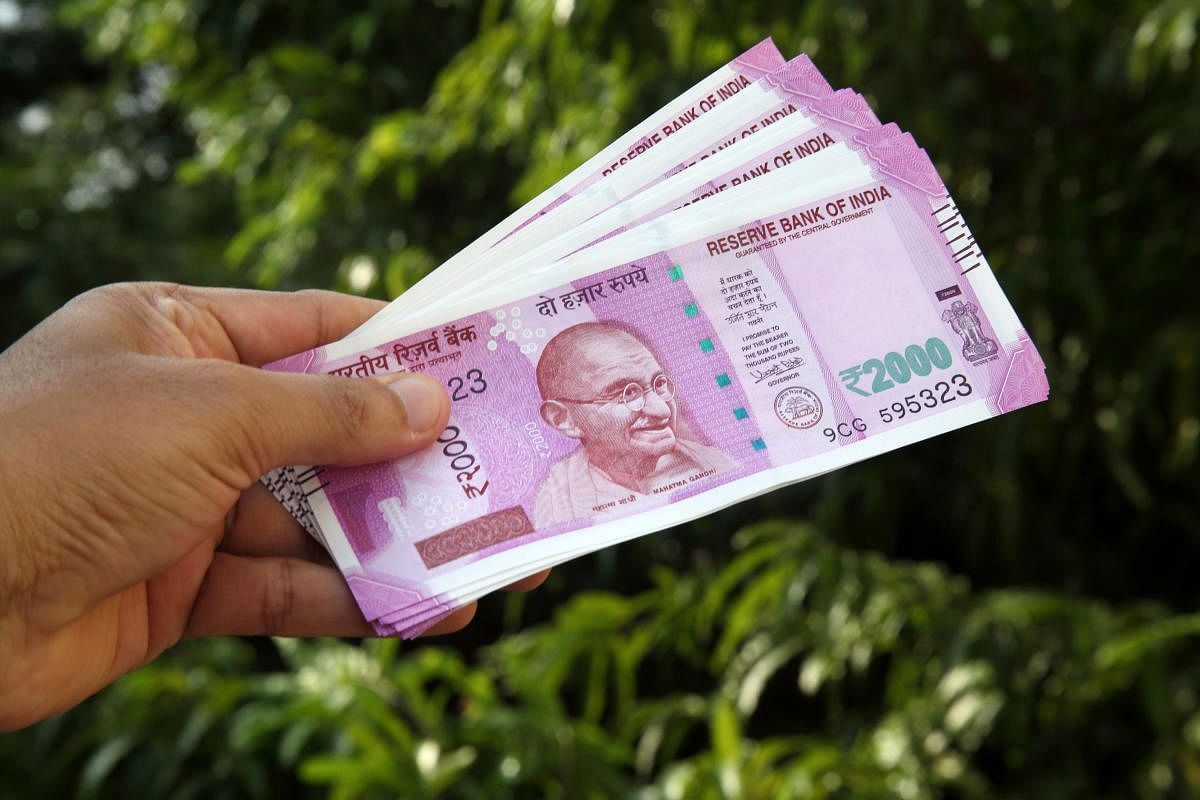Did you buy a car valued over Rs 10 Lakhs, in the past 4 years? If so, the car dealer would have told you about TCS (Tax Collection at Source). Suppose the car was priced Rs 12,00,000, the dealer would have asked you to pay an additional amount of Rs 12,000 towards TCS.
Similar provisions are applicable for foreign remittances under Liberalised Remittance Scheme (LRS) and overseas tour packages, with effect from 1st October 2020.
What is LRS?
Under the Liberalised Remittance Scheme, all resident individuals, including minors, are allowed to remit up to $2,50,000 per financial year (April -March) to another country for any investment or to meet their expenditure.
This scheme is not available to Non-Resident Indians (NRI), corporates, firms, HUF, Trusts, among others.
The permissible transactions cover the cost of travelling, medical treatment, foreign studies, gifts and donations, maintenance of close relatives, purchase of immovable property, investment in stocks and shares, and so on.
Those who are making foreign remittances under LRS need to know a new TCS provision u/s 206C(IG) of the Income Tax Act. As per this, the funds sent abroad exceeding Rs 7
lakh in a financial year are subject to 5% TCS. For example, Ramanna who is sending Rs 12 lakh to his son studying in the USA, has to pay TCS at 5% on Rs 5 lakh, after considering the exemption limit of Rs 7 lakh. If the remittance per year is less than Rs 7 lakh, TCS provisions are not applicable.
Is TCS applicable if the remittance is made out of an education loan taken from the Bank?
Yes. TCS at a reduced rate of 0.5% is to be done at the time of remitting the money abroad.
Where is the TCS amount to be remitted?
The banker at the time of remittance will collect the amount from the remitter. The TCS amount so collected will be deposited against the PAN number of the remitter.
Sale of overseas tour packages
Similarly, the seller of overseas tour packages has to collect 5% of the total cost (including travel, hotel, local sight-seeing, etc.) of the package. For example, Sri Kantha and his family
pay Rs 2,50,000 for a Sri Lanka tour to an operator. They have to shell out 5% extra towards TCS. Unlike in LRS, there is no threshold exemption limit for tour packages. Even if
the tour amount is Rs 1 lakh, TCS is applicable. Secondly, Residents or Non-Residents, companies or firms, all have to pay TCS on tour packages, if the booking is done from India.
TCS is applicable irrespective of the mode of payment, be it cash, debit from the bank account, credit card, or intermediaries like PayPal.
I am an agriculturist, not covered under Income Tax. Should I be paying TCS?
Yes. There is no exemption for non-taxpayers. All those who are remitting the funds under LRS or taking overseas tour packages are covered under TCS rules. Further, if no PAN number or Aadhar number is available, then TCS is to be done at 10% instead of 5%. There is no exception from TCS provision such as declarations for non-deduction in Form 15G/15H.
Is TCS an additional tax?
No. It is not an additional tax. The banker or the tour operator will have to deposit the TCS amount against the PAN number of the remitter of funds and such credits will be reflecting
in Form 26AS, as tax credit like advance tax, TDS, etc. The individual gets TCS credit against his actual tax liability. If there is no tax liability or TCS is more than the tax, the individual
can file Income Tax Return and claim a refund.
What happens to TCS if the tour booking is cancelled?
If the booking is cancelled subsequently and by then, if the TCS amount had been remitted by the tour operator, there is no provision for reversal of amount. The buyer has to claim
this amount as a refund or set-off against his tax liability.
Why have the above rules been introduced?
The Government data says a lot of people are traveling abroad, sending their kids for education to foreign countries and also making overseas investments, etc. But the same
upward trend is not reflecting in the number of taxpayers who are in the high tax brackets. So, the Government is curious to know about such people who have money to spend on
their leisure and pleasure, but not having sufficient income to attract taxes! Now that TCS is done, they can track the people who are big ticket spenders!
Who will be impacted by this new rule the most?
Regular Income Taxpayers will not have much impact, except for a temporary cash outflow. But it will impact non-taxpayers and those who are earning agriculture income which is
exempt from tax. They have to file tax returns and get the refund subsequently.
(The writer is Chartered Accountant and Registered Valuer)
